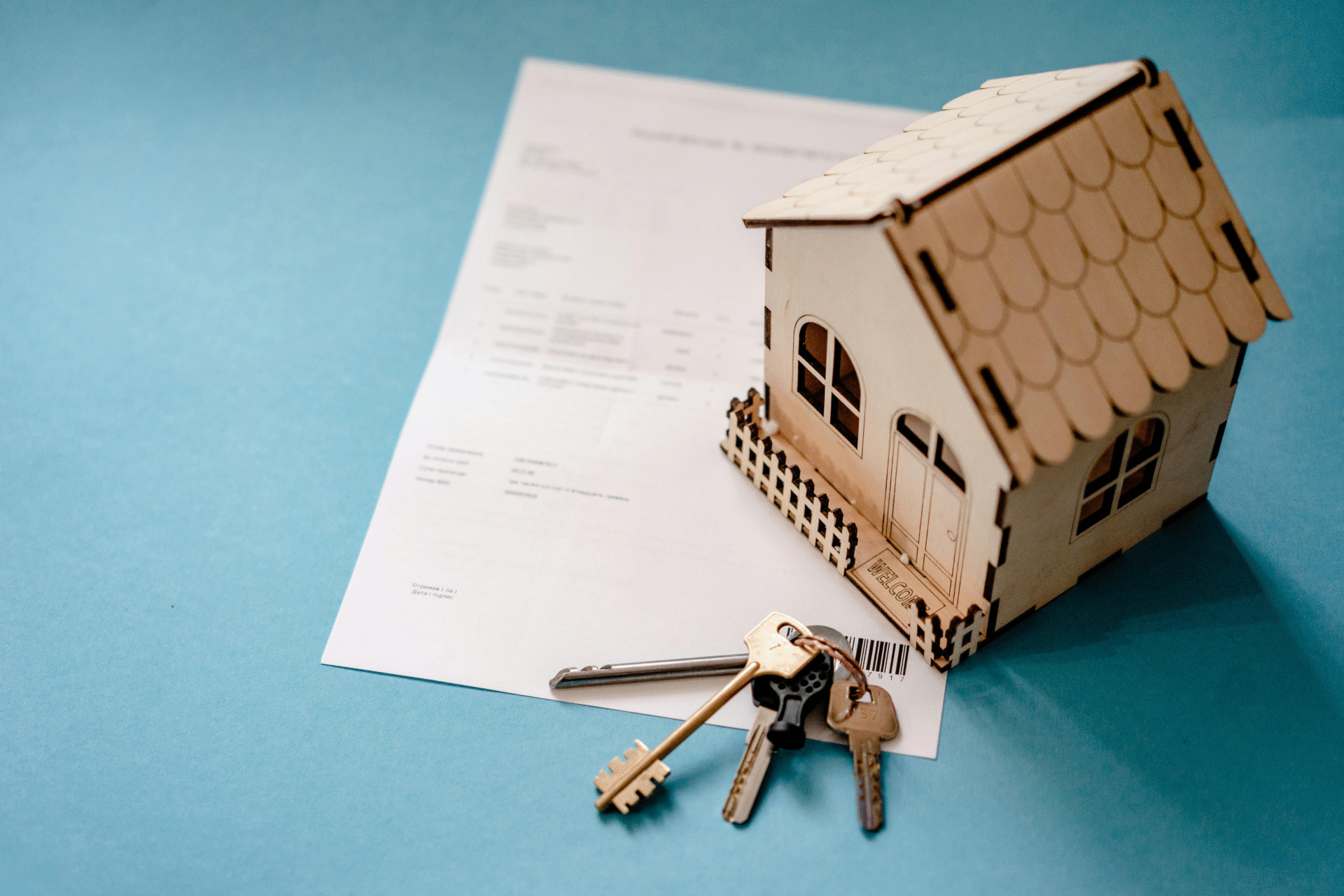If you’re thinking about buying a commercial property, you need to understand the loan process first. Lenders don’t make decisions lightly. They follow specific standards to approve or deny commercial real estate loans in Florida and across the country.
In 2025, getting approved means meeting tighter rules. Lenders expect clean documentation, strong credit, reliable income, and solid property details. Whether you’re buying an office, a retail space, or an industrial facility, knowing the commercial property loan requirements will help you prepare and succeed.
Let’s break down what lenders want to see and how to position your loan application for approval.
Commercial Real Estate Loan Requirements
1. Loan Documentation: What You Need to Provide
Lenders want a full financial picture. You must provide organized and updated documents that show your business can support the loan.
Expect to submit:
- Business tax returns (past 2–3 years)
- Personal tax returns (past 2 years)
- Business bank statements (3–6 months)
- Profit and loss (P&L) statements
- Balance sheets
- Personal financial statement
- Articles of incorporation or business license
- Rent rolls (if property has tenants)
- Purchase contract or letter of intent

All documents must match and tell the same story. Incomplete files slow down the process or get you denied. Prepare everything before applying to avoid back-and-forth delays.
2. Credit Score and Financial History
Lenders check both business and personal credit scores. In 2025, many lenders prefer a minimum credit score of 660 for commercial real estate loans in Florida. Some programs allow lower scores, but those come with stricter terms or higher interest rates.
Lenders also look for:
- On-time payment history
- Low credit utilization
- Few recent credit inquiries
- No recent bankruptcies or foreclosures
Clean credit shows that you manage debt well. If you have credit issues, prepare to explain them clearly and show how you’ve improved.
3. Loan-to-Value Ratio (LTV)
The Loan-to-Value (LTV) ratio compares the loan amount to the value of the property. It tells lenders how much risk they’re taking.
In 2025, most lenders require:
- LTV of 65%–75% for commercial real estate
- You cover the remaining 25%–35% as a down payment
For example, if a property is worth $1 million, you may qualify to borrow $700,000 and need to put down $300,000. Lower LTV gives you better commercial property loan terms.
High LTV may still get approved, but expect higher interest or added conditions.
4. Debt-Service Coverage Ratio (DSCR)
DSCR is one of the most critical commercial property loan requirements. It measures how well your income can cover your loan payments.
In simple terms:
DSCR = Net Operating Income (NOI) ÷ Annual Loan Payments
Lenders usually require a DSCR of 1.25 or higher. This means your income must be 25% more than your debt obligations.

Why DSCR Matters in 2025
Lenders are stricter now. A low DSCR signals risk. They want to see stable, recurring income—especially for DSCR loan types, which rely heavily on rental or business income to qualify.
If your DSCR is low, improve it by increasing rent, cutting costs, or putting more money down.
5. Property Type and Use
The type of property you buy impacts your commercial loan eligibility in Florida.
Lenders consider:
- Location:Properties in strong markets like Miami, Tampa, or Orlando perform better.
- Tenant strength:Long-term, creditworthy tenants improve value.
- Property type:Retail, industrial, multifamily, or office all come with different risk levels.
- Condition:Newer buildings with fewer repairs are easier to finance.
Some lenders avoid certain property types, like motels or gas stations. Always match your property with a lender experienced in that asset class.
6. Business and Borrower Experience
Lenders ask about your background. If this is your first commercial deal, expect more scrutiny. They prefer borrowers with real estate or business experience.
You may need to show:
- A resume highlighting past real estate or business projects
- Experience managing income-producing properties
- A management team or third-party property manager
If you’re new, you can still get approved—especially for a business loan for commercial property in Florida—but you’ll need stronger support in other areas like credit or DSCR.
7. Loan Structure and Terms
Commercial property loan terms vary by lender and loan type. In 2025, most loans come with:
- Fixed or variable rates (5.5%–9.5% average)
- 5, 7, or 10-year terms with 20–25-year amortization
- Balloon payments at the end of the term
- Prepayment penalties
Negotiate terms carefully. Ask about rate resets, prepayment rules, and renewal options. The right structure can save you thousands over time.

8. Local Market Knowledge Matters
For commercial real estate loans in Florida, lenders favor local market familiarity. They trust borrowers who understand zoning, demand, and neighborhood trends.
If you plan to invest in Florida, you’ll need:
- Local comps or appraisals
- Property inspections
- Market studies or demographic data
This helps you prove the deal makes financial sense. Especially in places like Miami or Jacksonville, lenders expect strong market data.
9. Personal or Corporate Guarantees
Most commercial loans require a personal guarantee. This means you, the borrower, are personally responsible if the business defaults.
Sometimes, you can secure a non-recourse loan, but those are rare unless the property has very high income and a strong DSCR.
Be ready to offer:
- A personal guarantee
- Corporate guarantee if your business has assets
- Additional collateral (such as equipment or another property)
These reduce risk for the lender and increase your commercial loan eligibility in Florida.
10. Prepare Ahead for the Best Results
Getting a commercial property loan isn’t fast. The process can take 30–90 days. Preparation helps avoid surprises.
Before applying:
- Get your financials in order
- Check your credit and fix errors
- Save for a down payment
- Understand your DSCR
- Choose a lender who fits your property type and goals
Knowing these steps helps you move quickly and with confidence.
Why This Matters More Than Ever in 2025
Lending standards are tighter now. Rising interest rates and market risks make lenders more careful. Whether you’re applying for a business loan for commercial property in Florida or expanding your portfolio, you must show financial strength and clear planning.
With good preparation and understanding of the commercial property loan requirements, you can secure financing and grow your investments.
Need Help with Your Commercial Loan? Work with Insula Capital Group
At Insula Capital Group, we specialize in helping borrowers meet today’s tough lending standards. If you need financing that fits your unique goals, we’re ready to guide you. From DSCR loan types to competitive commercial property loan terms, we understand what it takes to succeed in Florida’s real estate market.
Let’s build your future—contact us today.




